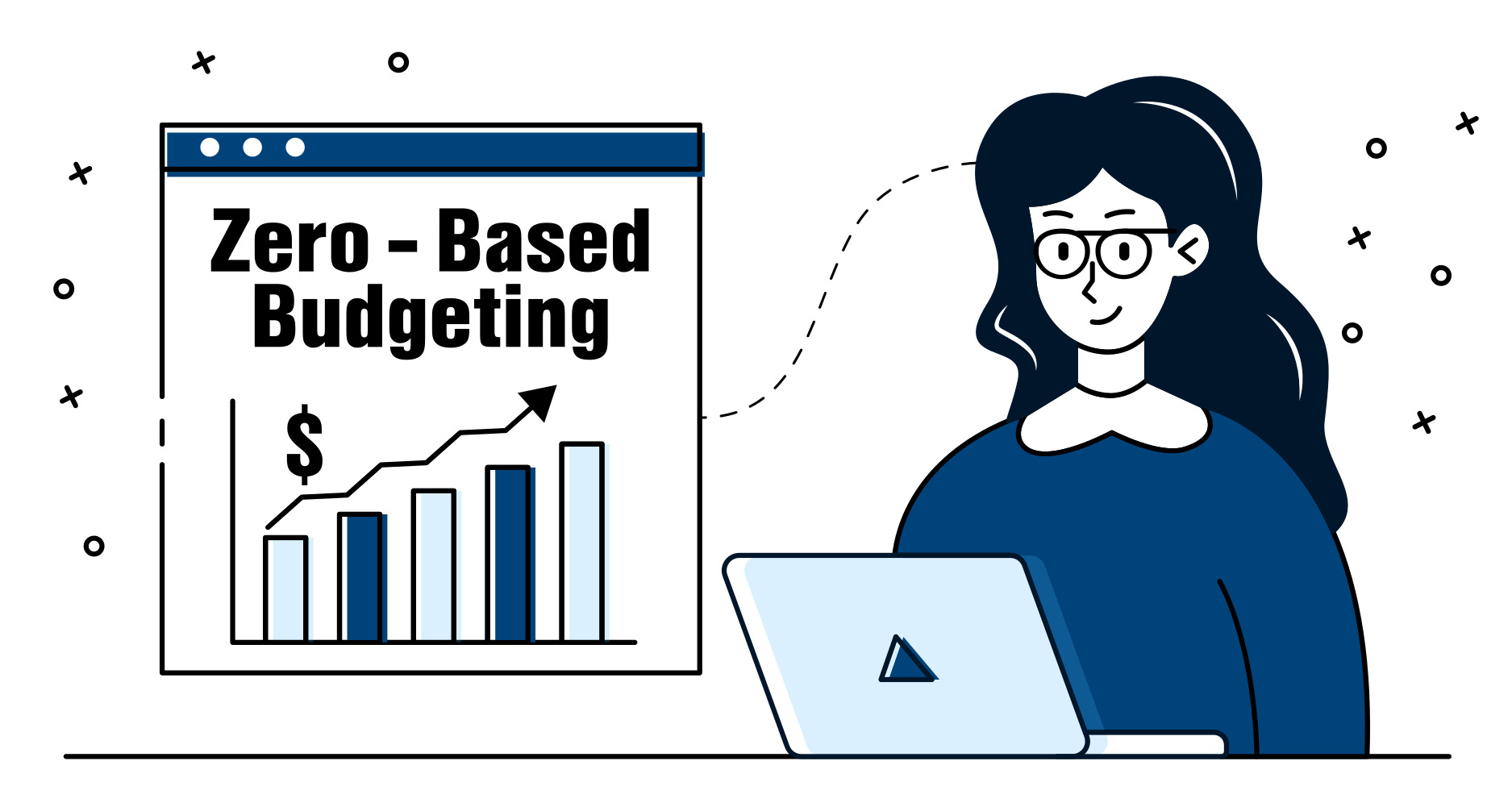Zero based budgeting is all about ensuring that you put every cent you earn to use so that you have zero dollars left to allocate by the end of the month. We may recommend that you “spend” your money, but that doesn’t mean we suggest blowing it on a shopping spree or holiday, quite to the contrary. Giving every cent you earn a purpose will help you stay on track and achieve your goals faster while giving you more control over your money.
Zero Based Budgeting: How It Works
Let’s say that you earn $4,000 per month. With a zero-based budget, your goal is to allocate every cent of that $4,000 to different categories of expenses, savings, or investments. By the end of the month, you should have $0 left to allocate.
If you find that you’re spending too much on certain items, like clothing, you could reallocate that money to a different category like emergency expenses for the following month. If you’re familiar with the envelope system of budgeting, the zero-based budget follows the same strategy.
A Step-By-Step Guide to Starting Your First Zero Based Budget
Before you jump into creating a budget, there are a few steps you need to take to make sure you’re realistically planning your spending.
1. Analyze your income
One of the most critical aspects of the zero-based budget is knowing your exact monthly income. Have a look at your paycheck, benefits, and other sources of income to arrive at a total figure.
2. Know what you’re spending
After figuring out your income, you need to analyze your expenses to get a better idea about where your money is going. You’ll find areas that you can cut back on, along with others in which you need to allocate more. The whole point of this process is to get a good baseline, so don’t worry about what the numbers mean just yet.
3. Classify your expenses
Figure out precisely what you need to live comfortably. What are your needs and wants? Should you create an emergency fund or new savings goals? Need a new car or want to save up for a holiday? Now is the time to start categorizing your expenses, savings, and investments so you can properly allocate your income to each category.
4. Re-evaluate
After running the budget for a month or two, analyze your spending in each category and find ways to cut back or reallocate money to other more productive categories.
The benefits of zero based budgeting
Tracking your expenses can be time-consuming and tedious. One of the significant benefits of the zero-based budgeting system is that it keeps you acutely aware of how much is flowing in and out of the different categories you set for yourself. As a result, the budget could prevent you from spending money you don’t have on things you can’t afford.
Knowing exactly where your money is going also gives you the ability to invest in the things you feel are most important while opening your eyes to areas where you could be spending too much. More importantly, the zero-based budgeting system will give you the confidence you need to tackle your savings and investing goals.
The downsides of zero based budgeting
One of the significant downsides to zero-based budgeting is the amount of time and work it takes to get it right.
You have to be committed because you need to track your income and expenses to categorize them effectively.
Having a healthy mindset about money will go a long way, especially if you’re working on a partner with this. Approaches to budgeting can be polarizing, so it’s crucial to have an honest discussion with your partner to make sure you agree with financial goals. Coming clean about spending habits and finding a way to move forward together will help make the process smoother!
Bottom Line
Using the zero based budgeting strategy can help you control your finances and make better financial decisions. If you’re struggling to pay bills on time, Stately Credit can help. With our payroll deduction loan, you get affordable access to credit if and when you need it. Find out more about how we can help!



